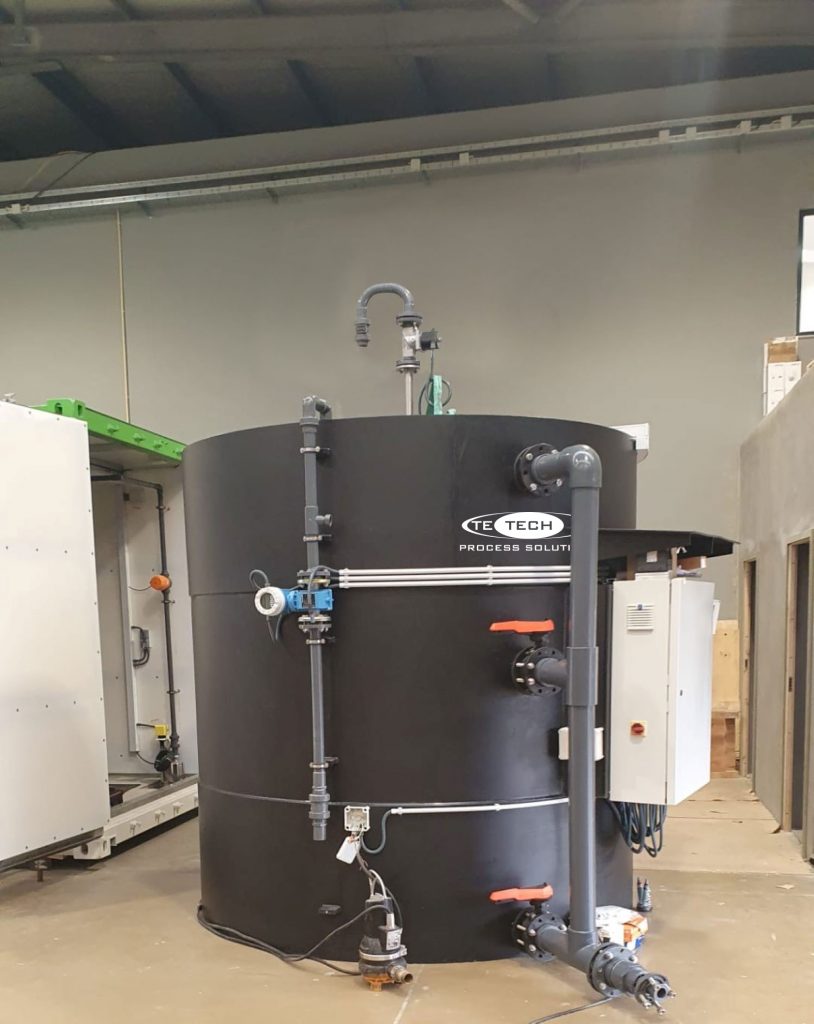Severn Trent has awarded Te-Tech a contract to install te-ionTM at its Chipping Campden wastewater treatment works. Like many activated sludge plants, Chipping Campden suffers from severe sludge bulking, that is poor sludge settleability and high suspended solids in the final effluent, during the summer period. Sludge bulking is due to the prevalence of filamentous bacteria in the activated sludge, in small numbers these bacteria help flocculation, acting like polyelectrolytes to produce larger, stronger flocs. But, when they become too populous, the density of the flocs is reduced and they begin to float. The usual remedy is adding chemicals – nutrients, polyelectrolytes and selected bacteria supplements. But there’s another way.

Filamentous bacteria are particularly susceptible to reactive oxygen species like peroxide, ozone and free hydroxyl radicals. The te-ionTM advanced oxidation process destroys the bacteria selectively, without the use of chemicals, by passing some of the aeration air through an electrical glow discharge, generating a non-thermal plasma which contains a wide range of reactive oxygen species. The plasma containing the reactive oxygen species is introduced into the aeration reactor along with the aeration air, via the diffuser system. The active oxygen destroys the bacteria and dramatically reduces sludge bulking without affecting the biological treatment process.
“We were impressed by Te-Tech’s process knowledge and the te-ion technology’s track record. Their in-house control panel design-and-build capability and their experience of system integration gave us confidence that this retrofit would be implemented successfully.” Andy Harkin – Severn Trent Water
Design is underway and the project is on schedule for delivery and installation at the end of September and hand over at the beginning of October.